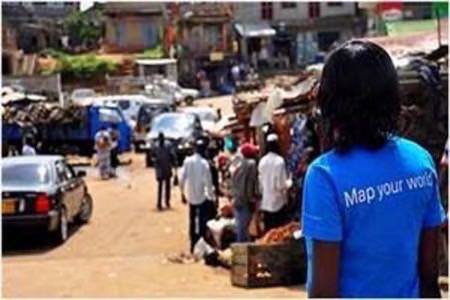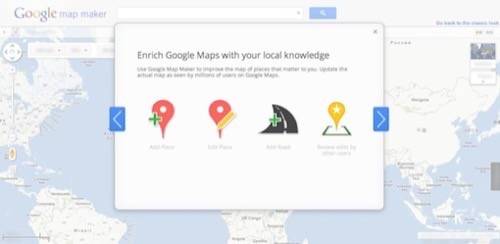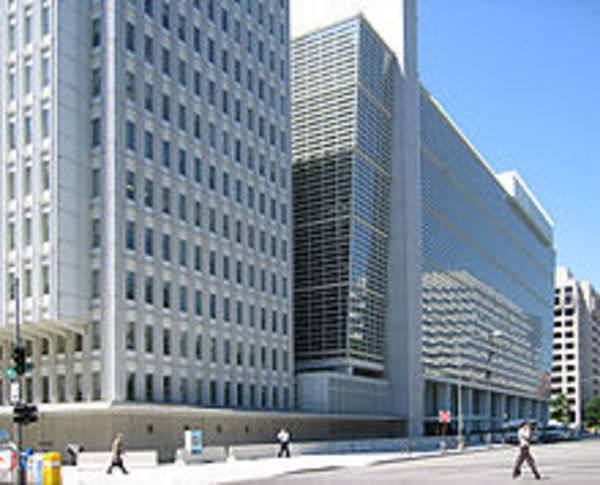In January, Google and the World Bank announced a partnership allowing the bank privileged access to Google Map Maker data to support disaster relief efforts. This broke with the bank’s trend of supporting open-source initiatives.

Developers and NGOs worried that Google’s proprietary, for-profit platform operates at odds with the World Bank’s mission of alleviating poverty. The bank addressed those concerns yesterday, taking a clear stance in support of open data and explaining the limits of its relationship with Google.
The World Bank is a gatekeeper giving developing countries access to first-world capital for alleviating poverty. It’s a tricky role to play. The bank has a track record of using open data initiatives to support its programs, though. That allows regular citizens, especially developers, to have an impact on the World Bank’s work at the grassroots level.

That’s why it was so perplexing when the World Bank partnered with Google to gain access to its closed Map Maker data. Map Maker allows anyone to suggest edits to Google Maps that can become official if approved by Google moderators.
The partnership is meant to provide better location data for relief workers in disaster scenarios. There are open-source efforts to solve this problem, like Ushahidi, but the World Bank went with Google instead.

Google Map Maker is highly visible, easy to use, and working on it comes with the prestigious possibility of being published to the official Google Maps. Access to that much map data must have seemed worth the price of closing off the platform.
Given the World Bank’s open history, the implications were troubling. Nathaniel Heller, co-founder of the pro-transparency NGO Global Integrity, met with the World Bank’s open data team last month to discuss the partnership. His post about the meeting outlines the concerns about the public-private partnership in exquisite detail, but he also found that the World Bank team saw the problem, too:
“One, it is clear that our friends and colleagues at the Bank a) understand the seriousness of the concerns expressed by a number of groups and individuals in the past month, and b) are taking concrete steps to address those concerns. I applaud that. What’s also clear to me: the legal and data ownership implications of a platform like Google Map Maker got mixed up in the rush by the Bank to try and promote greater public access to existing Google Map Maker data.”
The Bank’s Open Stance
Yesterday’s post on the World Bank’s Inside the Web blog makes a few things clear. The World Bank’s “single goal of this joint project is to provide UN agencies and governments faster access to Map Maker data for humanitarian, development and disaster preparedness efforts.”

The World Bank just wants as many data sources as it can possibly get. These data are for helping people in emergencies, so the more sources there are, the better.
But the bank takes another step to make clear that this partnership is limited and doesn’t affect its open data initiatives. “[O]ur agreement does not extend to supporting new citizen mapping activities or data creation through the Google Map Maker platform.” All the applications supported by the program will be built on the open platforms, not on Google’s data.
It’s hard to argue with the World Bank wanting access to as much location data as it can get to help in emergency situations. It’s a relief to see the organization clearly state that the applications it wants to support will come from the open-source community.
Lead image courtesy of Shutterstock
Photo 2 via Google LatLong

















